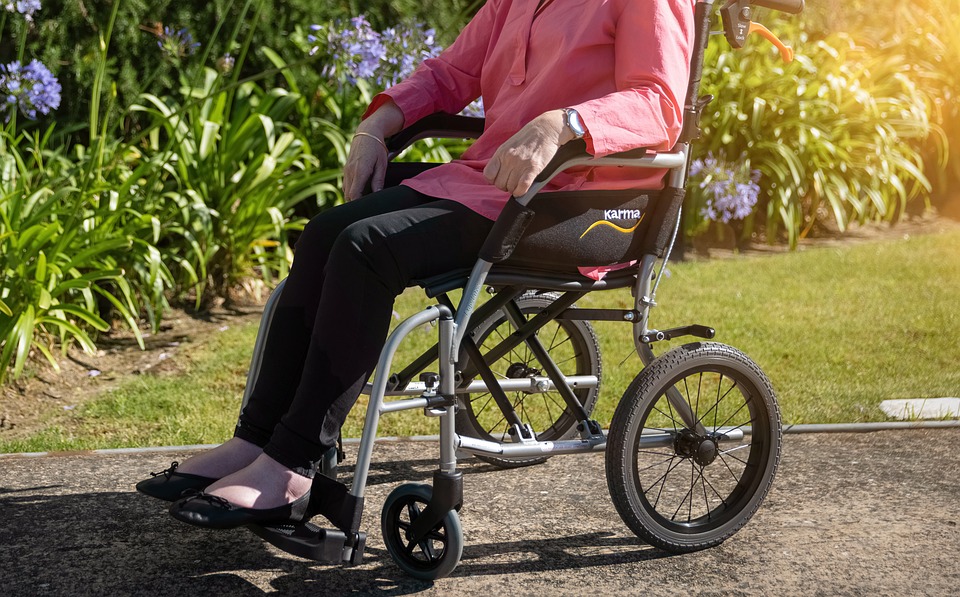Sustaining a traumatic brain injury TBI can be a life-changing event, affecting not only the individual but also their family and friends. Rehabilitation can help individuals with TBI regain lost abilities, learn new skills, and re-establish meaningful relationships with family and friends.
Rehabilitation after a TBI is a complex process that involves a multidisciplinary team of healthcare professionals. It typically starts in the hospital and can continue for weeks, months, or even years after returning home. The goal of rehabilitation is to help the person achieve the highest level of function, independence, and quality of life possible.
Rehabilitation may include physical therapy to improve balance, strength, and coordination. Occupational therapy can help individuals learn or re-learn daily living skills, such as cooking, cleaning, and dressing. Speech therapy can help with language and communication difficulties. Additionally, cognitive rehabilitation may help with memory, problem-solving, and decision-making skills, while also managing behavioral issues.
It is vital to understand that TBI rehabilitation is a long process, and progress may be slow but significant. Family and friends can play an essential role by providing emotional support and helping with daily living skills. With hard work, patience, and the correct support, individuals with TBI can rebuild their lives and regain hope for their future.
Traumatic brain injury rehabilitation can be a challenging process, but it is necessary to help individuals with TBI recover their lost skills and abilities. It’s a long journey, and it may take time, but it’s essential to not give up hope. With continuous support, patience, and dedication, patients can get back to their daily routines and lead a fulfilling life.
Remember, TBI rehabilitation may be a journey, but it is a journey worth taking.
